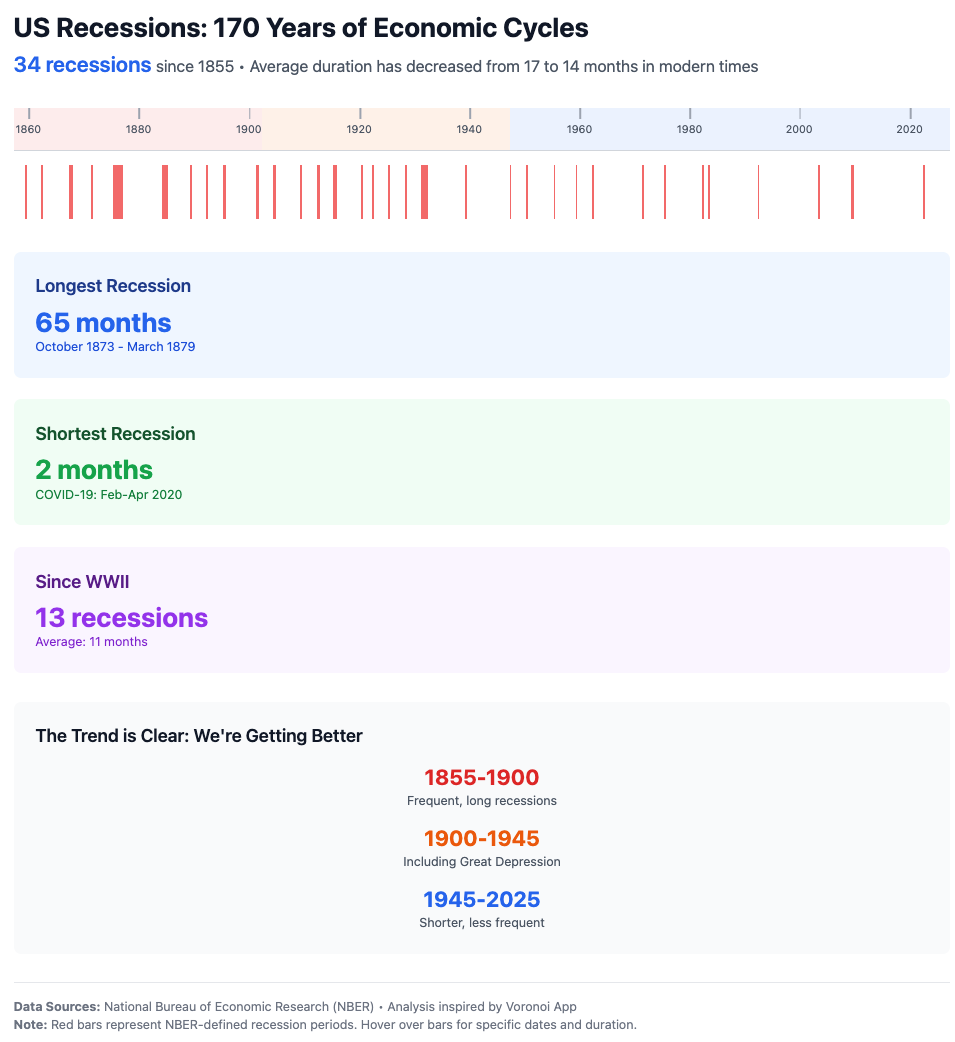Tax Alpha: How Strategic Structuring Can Add More Value Than Market Outperformance
- Anatoly Iofe

- May 23
- 4 min read

When most investors think about growing wealth, they focus on market performance. But for wealthy individuals, it’s often not just about what you earn—it’s about what you keep. That’s where tax alpha comes in.
Tax alpha is the added value created by using strategic tax planning—not chasing returns. In many cases, effective tax strategies can improve net performance more than beating the market. It’s a powerful, often overlooked tool for wealth preservation.
In this article, we’ll explore what tax alpha is, how it works, and which strategies deliver the most value—especially for affluent investors and families. We’ll cover key concepts like asset location, tax-loss harvesting, and Private Placement Life Insurance (PPLI), showing how the right structure can transform your after-tax returns.
What Is Tax Alpha?
Tax alpha refers to the incremental return investors receive by minimizing taxes through careful structuring, timing, and selection of investments. It’s not about speculation—it’s about smart planning.
For example, two portfolios with identical gross returns may deliver very different net returns after taxes. Why? One may be loaded with short-term capital gains and taxable interest, while the other uses tax-efficient strategies like PPLI, municipal bonds, or Roth-style structures.
Bottom line: The better you manage your tax exposure, the more of your return you keep.
Why Tax Strategy Often Beats Market
Outperformance
Achieving market alpha—outperforming benchmarks through investment selection—is hard, unpredictable, and often fleeting. But tax alpha is repeatable and controllable, especially when structured proactively.
Here’s a simple example:
Portfolio A earns 7% gross returns annually, but loses 2% to taxes = 5% net.
Portfolio B earns 6% gross returns, but is tax optimized and loses only 0.5% to taxes = 5.5% net.
The tax-aware investor ends up ahead, even with lower gross returns.
Asset Location: Putting the Right Investments in the Right Accounts

Asset location is a cornerstone of tax alpha. It’s about placing investments in accounts that offer the most tax efficiency based on the type of income they generate.
How It Works:
Tax-inefficient assets (like high-yield bonds or actively traded funds) belong in tax-deferred or tax-free accounts like IRAs or life insurance wrappers.
Tax-efficient assets (like index funds or municipal bonds) can stay in taxable accounts.
Benefit:
This reduces annual tax drag on your investments and increases long-term compounding. Studies show asset location can add 0.2% to 0.6% in annual tax alpha.
Tax-Loss Harvesting: Turning Losses Into Long-Term Gains
Tax-loss harvesting is a strategy used to sell underperforming investments at a loss to offset capital gains elsewhere in your portfolio.
Key Advantages:
Reduces your current year’s taxable gains
Excess losses can carry forward for future use
Helps rebalance portfolios without triggering unnecessary tax hits
When done consistently—especially with the help of technology or tax-aware managers—this strategy can add 0.5% to 1%+ in after-tax value annually.
PPLI: The Ultimate Tax Alpha Engine
Private Placement Life Insurance (PPLI) is a powerful, tax-advantaged structure used by ultra-high-net-worth individuals to shield investments from income and capital gains taxes—while allowing the assets to grow tax-free inside the policy.
How It Works:
Accredited investors contribute capital into a specially designed life insurance policy.
The cash value is invested in a custom portfolio—including hedge funds, private equity, or separately managed accounts.
Growth inside the policy is tax-deferred.
Distributions (via loans) can be tax-free.
No capital gains or income tax on portfolio turnover.
Why It Matters:
With the right structure, PPLI can eliminate annual tax drag and allow compounding to work harder. For investors facing 40%+ marginal tax rates, this can create tremendous tax alpha over time.
Other Tax Alpha Strategies
In addition to the big three strategies above, here are a few more ways to capture tax alpha:
Charitable Giving Structures – Use donor-advised funds or charitable trusts to reduce taxable income while supporting causes you care about.
Roth Conversions – Convert taxable retirement assets to tax-free Roth accounts during low-income years or market dips.
Municipal Bonds – Earn tax-free interest at the federal (and often state) level, especially attractive for high-income earners.
Deferred Compensation Planning – Shift income to future lower-tax years or use non-qualified plans with tax deferral.
Measuring the Impact: Tax Alpha in Real Numbers
Here’s how small structural changes can drive large financial results over time:
These numbers may seem small—but over a 20+ year horizon, the cumulative effect of tax alpha can rival or exceed traditional investment alpha.
Final Thoughts: Why Smart Investors Focus on Tax Alpha
Tax alpha isn’t flashy. It’s not about chasing hot stocks or timing the market. But it’s one of the most powerful tools available to serious investors, especially those in high tax brackets or with complex portfolios.
By working with an advisor who understands advanced tax structuring, you can:
Reduce tax drag
Improve after-tax returns
Increase long-term wealth preservation
Control risk more effectively
In the end, it’s not just how much you earn—it’s how much you keep.
Schedule a private consultation here and discover how IceBridge Financial Group can help you unlock the full potential of tax alpha.
Sources of Information*:
*These organizations are not affiliated with IFG. IFG does not endorse, support, or recommend any information that is not provided by its affiliates or representatives.
Disclaimer:
Information provided is for informational purposes only, and does not constitute a financial advise, an offer or solicitation to sell, a solicitation of an offer to buy, any security or any other product or service. Accordingly, this document does not constitute investment advice or counsel or solicitation for investment in any security. The information in this material is not intended as tax or legal advice. Please consult legal or tax professionals for specific information regarding your individual situation.




